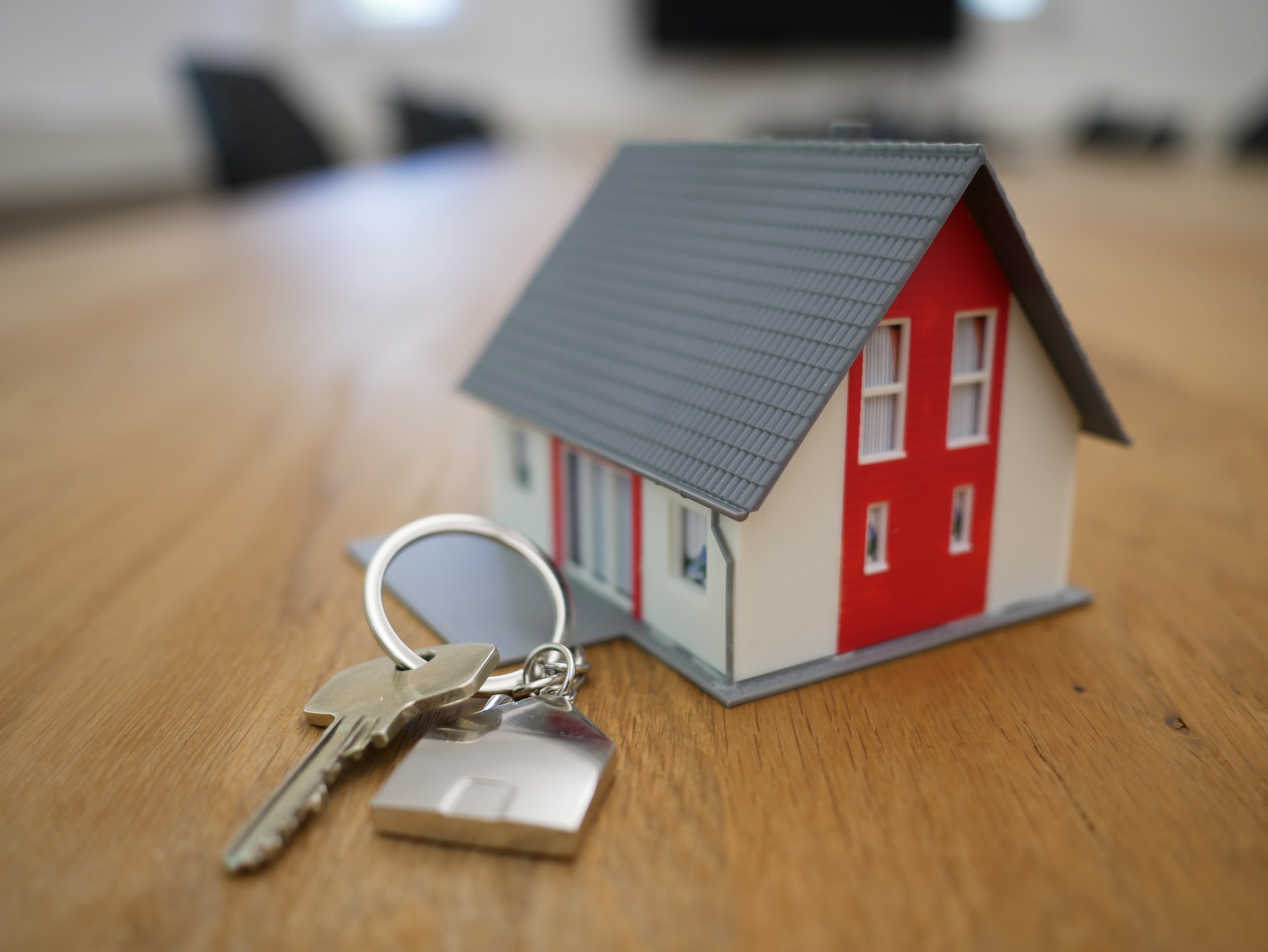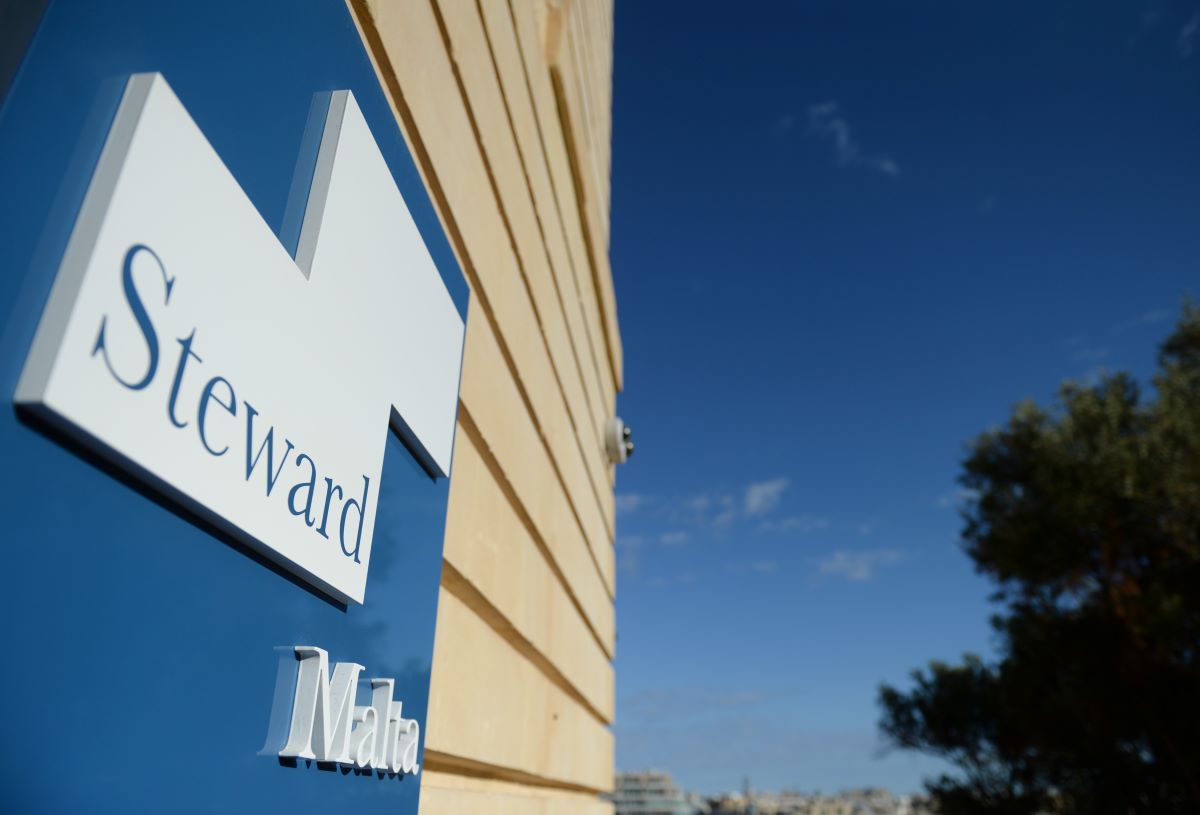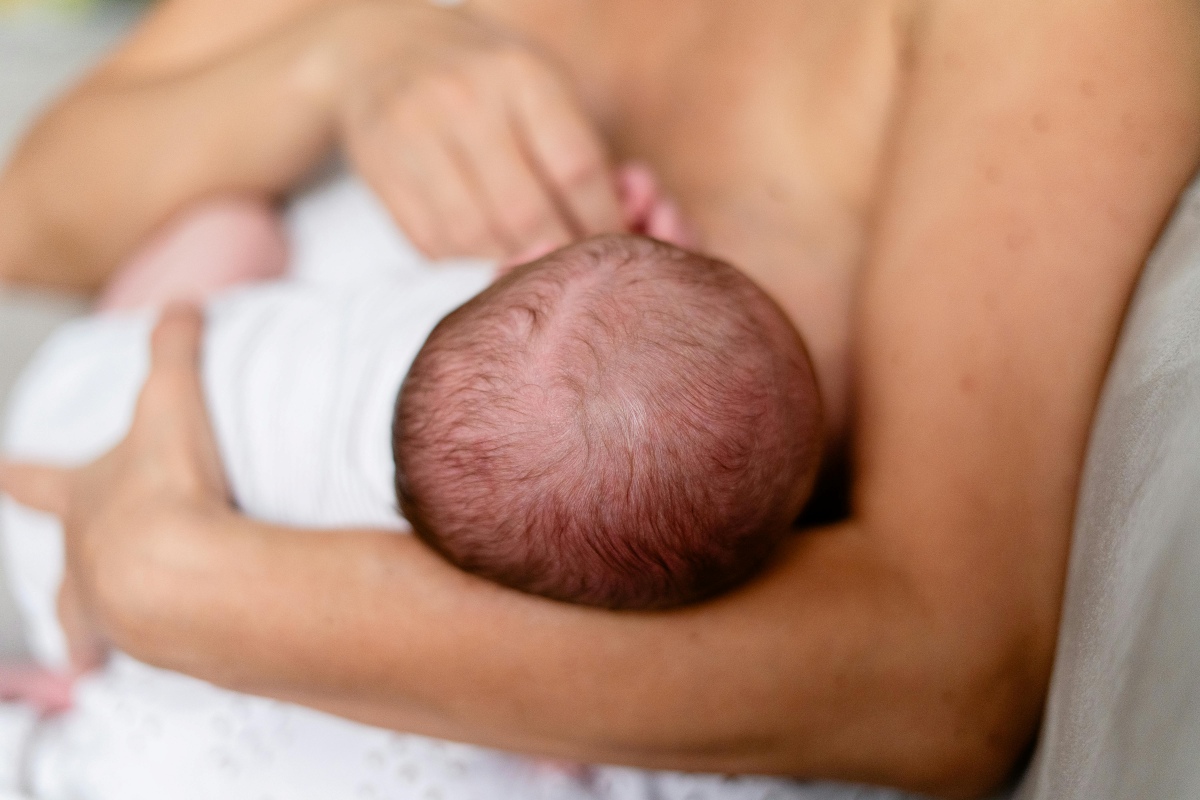The percentage of Maltese households that own their own home stands at around 85 per cent, according to a new report by the Housing Authority.
The report, which looks at the schemes offered by the HA to improve housing affordability, uses data from the Census to arrive at a new figure of Maltese homeownership that is significantly different to those usually quoted.
Other studies, such as the EU-SILC, typically determine Malta’s overall homeownership rate to stand in the region of 80 per cent.
However, the depth and breadth of the Census’s surveying methods and the granularity of its data collection yield insights on groups that are often inadequately covered in other surveys.
According to the 2021 Census, Malta’s overall homeownership rate stood around 75 per cent – lower than the rate obtained in other surveys, which the report’s authors attribute to the increased cover within the Census of certain groups, like migrants.
The Census makes a distinction between three citizenship categories: Maltese, non-Maltese and mixed households consisting of both Maltese and non-Maltese persons.
The granularity of the data collected in the Census allowed Brian Micallef and Jamil Schembri, head of policy and senior officer at the HA, to see the rates of homeownership across households with different citizenship backgrounds.
Using data from the Census, they found that homeownership among Maltese households has increased to 85 per cent over the last years, despite property prices doubling over the same period.
In 2011, the overall homeownership rate stood at 80 per cent, at a time when the foreign population amounted to slightly less than 5 per cent of the total population.
On the contrary, the homeownership of non-Maltese households stood at just 45 per cent, confirming the prevalence of rental accommodation for this group, which mostly consist of foreign workers.
As expected, mixed citizenship households stand somewhere in between, with a homeownership rate of 72 per cent.
The HA supports homeownership through several schemes – the Deposit Guarantee scheme, the Equity Sharing scheme, the Social Loan scheme, the New Hope scheme and the Sir Sid Darek.
The reports reveals that between 2017 and 2023, the HA spent a total of €27 million on the SSD scheme, which allows residents residing in eligible social housing properties to become owner occupiers and continue using the property as their ordinary residence.
Another €25 million was spent on the other four schemes combined, with the lion’s share (95 per cent) spent on the Equity Sharing and Deposit Guarantee schemes.
The Equity Sharing Scheme helps individuals over 30 who, due to their age and income, find it difficult to take a loan large enough to purchase their home. Through the scheme, the HA purchases up to 50 per cent, not exceeding €100,000, of a property worth up to €250,000.
Meanwhile, the Deposit Guarantee Scheme is intended to assist people who are eligible for a home loan but do not have the necessary liquidity to pay the required 10 per cent down payment.
‘If the Maltese had a connection to their land, it would change absolutely everything’ – Malcolm Borg
'“Generation renewal is one of the biggest problems — not just in the EU, but in the world'
Malta signs historic fisheries export agreement with China as sector seeks new markets
The deal builds on previous milestones in Malta–China trade relations
Employers encouraged to support breastfeeding at the workplace
New guidelines highlight the benefits of breastfeeding-friendly policies for both employers and employees






